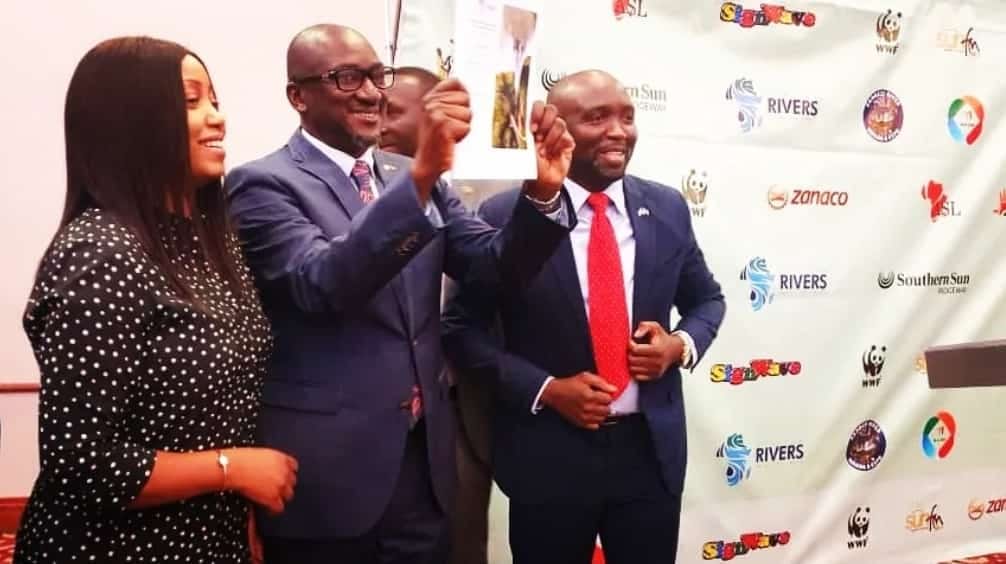African Rivers is a vibrant, inclusive and gender focused international not-for-profit
conservation organization legally registered under the Zambian laws pursuant to the
Non-Governmental Organizations’ Act, No. 16 of 2009. The guiding philosophy for
African Rivers is “Water, Life and Peace” knowing that we all cannot survive on the
planet earth without rivers. A river is a symbol of freedom and an opportunity tool
Fresh water is a seriously limited and limiting resource. Of the 1.4 billion cubic
kilometers of water on Earth, 97 percent is seawater with only limited potential for
terrestrial use.
Two-thirds of the remainder is locked in ice caps and glaciers, and one-third is in liquid
form, with most of this stored deep below the earth’s surface in aquifers.
The remaining liquid fraction, not much more than 200,000 cubic kilometers (0.014
percent of all water on Earth), is stored in freshwater ecosystems that occupy less
than 1 percent of the earth’s surface: rivers, lakes, deltas, floodplains, peatlands,
swamps, lagoons, pans, bogs, seeps, and estuaries, among others.
Most life on Earth depends on these inland waters, but they are degrading faster than
any other kind of ecosystem due to the unprecedented scale of human interventions.
As degradation continues and accelerates, their ability to support human endeavor
falters and, in all too many cases, fails. In this century, there is a deepening
understanding of the implications of this, and of our need to live in harmony with the
natural world. Nowhere is this more important than for Earth’s inland waters – African
Rivers.
From 1970 to today, there has been a doubling of the world’s human population, a
fourfold increase in the global economy, and a tenfold increase in trade.
All of this depends on fresh water. Africa, with about 9 percent of the world’s freshwater
resources, is a prominent part of this growth. It is a low- to medium-income continent
with six of the world’s fastest-growing economies. Its human population, presently 1.4
billion or 17 percent of global numbers, is predicted to reach 4.5 billion by 2100 (40
percent of global).
The development of Africa Rivers to meet this growth is inevitable and will take place
under the scrutiny of Sustainable Development Goal 6 (SDG 6: clean water and
sanitation) and SDG 15, which weakly addresses inland waters as a subsection of life
on land.
Moving along the development pathway a few decades behind more industrialized
economies, Africa will face, perhaps more than any other region, a challenge to
develop and manage its water resources without repeating the mistakes made by
others.
Can it learn from the past and proceed more carefully?
From little boys kept out of school to stop livestock wandering across a de-watered
river to an increase in waterborne diseases, from the collapse of a coastal prawn
industry to the loss of clean drinking water, the list of the negative side of development
continues to lengthen.
The details usually differ from river to river, and so understanding of what could happen
is increasing slowly, one river at a time.
In Africa, with its increasing population and traditional reliance on river resources, all
uses of river systems should be brought into decisions, and the concept of no net harm adhered to.
This makes hosting this amazing summit and gathering absolutely crucial as we bring
stakeholders together to deliberate on how we can better manage African Rivers for
the peace and prosperity of the African people.

